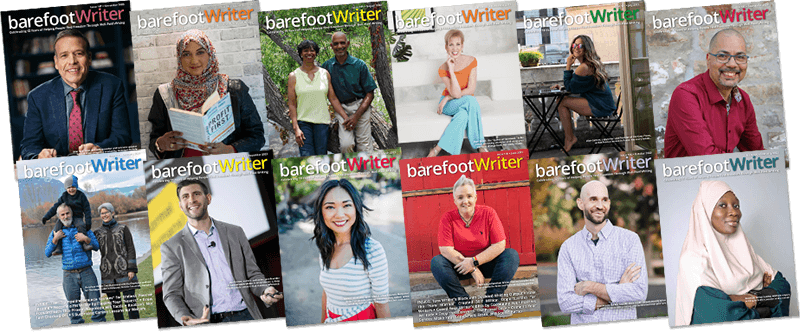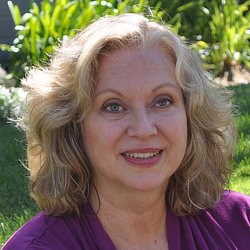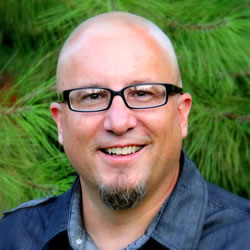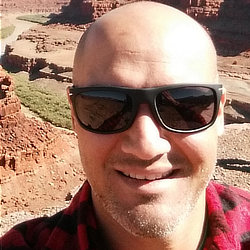Land the Best Freelance Writing Jobs
and Top Careers in Writing
with Barefoot Writer

Experience what the writer’s life
can be like from people who are living it…
Every month, Barefoot Writer brings you over 40 pages
of motivation, inspiration, and practical advice
for turning your writing dreams into reality.
Subscribe today and quickly learn things like:
- The best freelance writing jobs and the top careers for writers
- Which opportunities are the easiest to break into and which ones pay the most…
- The kinds of skills you need to land the best writing gigs…
- How to start your writing career…
- Where to find clients who will value your skills…
- How to rock your writing assignments so companies call on you again and again…
And so much more!
What is the Barefoot Writer?
The Barefoot Writer is a club dedicated to helping writers from all walks of life achieve their writing goals and dreams. Here, you’ll discover steps, resources, and connections for launching a lucrative writing career.
Free Writing Resources
Find Your Freedom as a Barefoot Writer
Want to know the writing career paths available for freelancers? Find out the best path for you and how to transition into a writing career.
Is It Hard to Become a Well-Paid Writer?
The journey to becoming a well-paid writer can be hard, but it doesn’t have to be. Hear how others have done it, and ways to speed up your success.
How to Get Paid as a Writer
Find out all the details on how to get paid as a new writer. We’ll cover how to set fees, quote projects, and accept payments like a pro.
What our members are saying …

“What I wanted was a prosperous, six-figure writing career. I started focusing on that — and got exactly what I wanted.”
– Colette Rice

“Freedom is probably the greatest benefit. It’s the ability to work where I want, when I want. If I make a lot of money, great. But it's the freedom — the ability that if I want to, I can.
– Eddie Stephens

“I get to satisfy my interests and intellectual curiosity – and make a bunch of money. Put these altogether, and it’s the ideal career for me.”
– Rob Gramer
You Can Make a GREAT Living as a Writer
Well-written copy and content are in HUGE demand – and that’s why we’re here. Barefoot Writer helps you navigate the world of paid writing opportunities, so you can build the freedom-filled life you’ve always wanted.
Get the Inside Scoop on the Top Careers in Writing.

American Writers & Artists Institute
220 George Bush Blvd, Suite D
Delray Beach, FL 33444
(561) 278-5557 or (866) 879-2924

